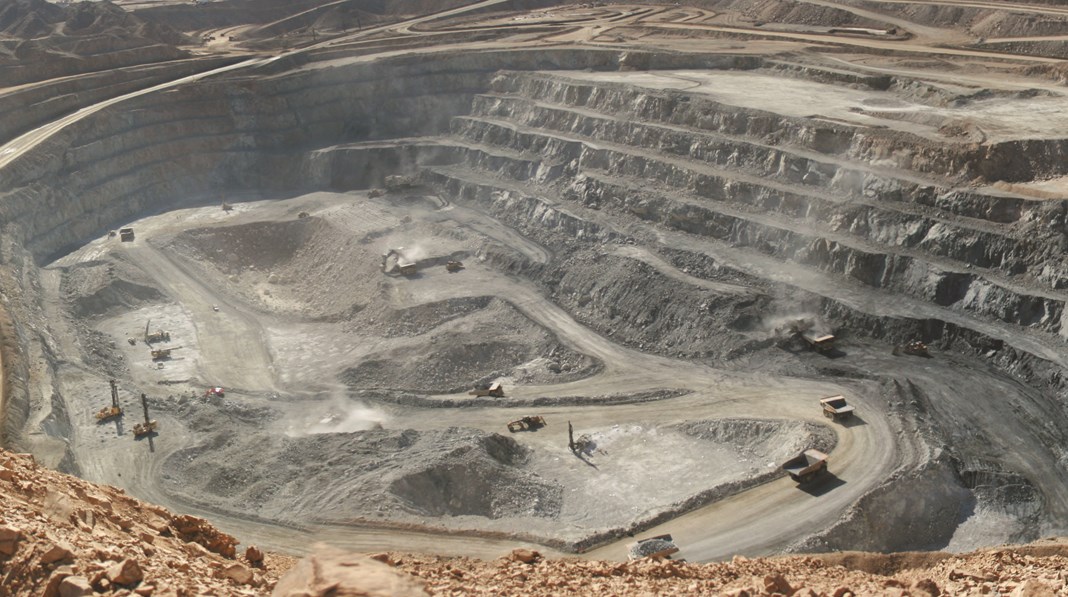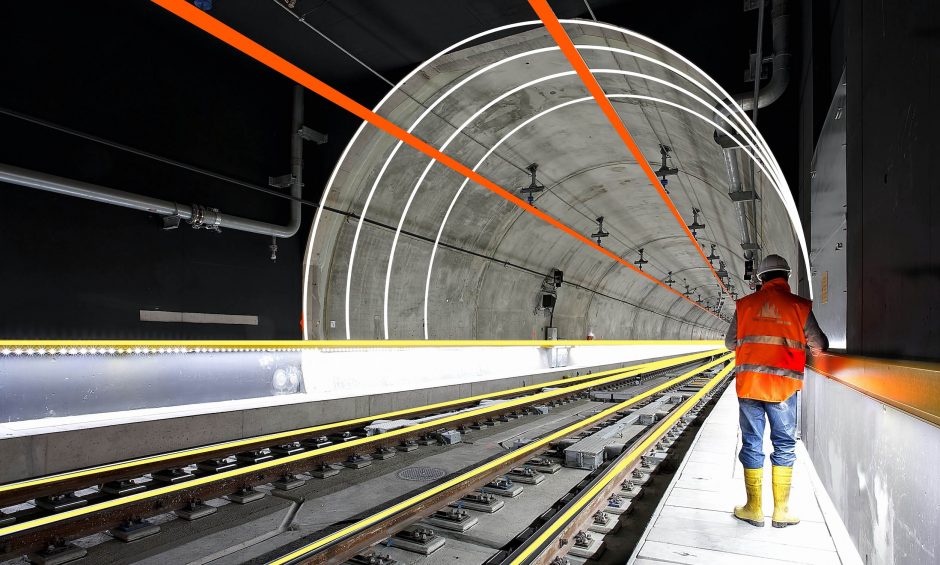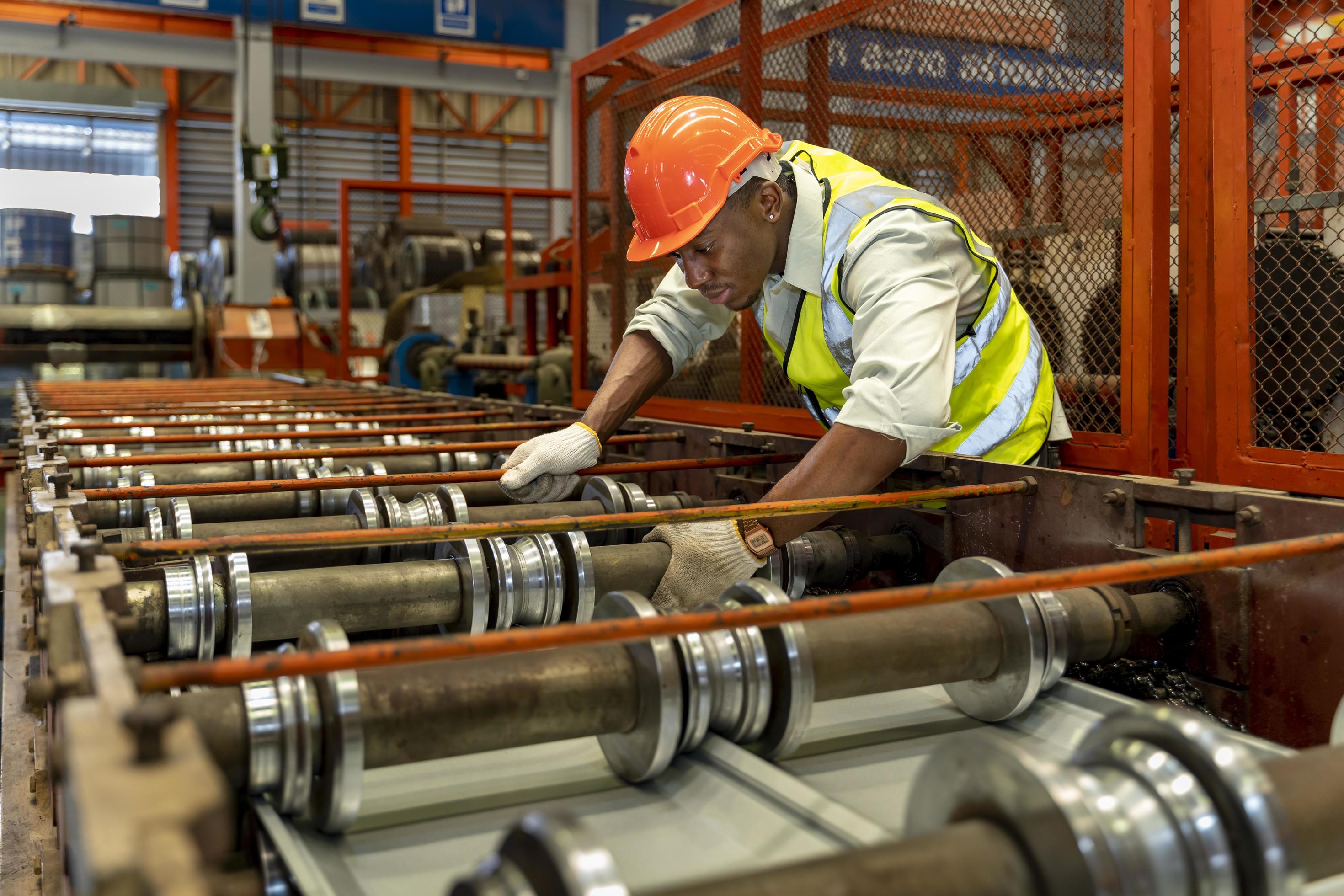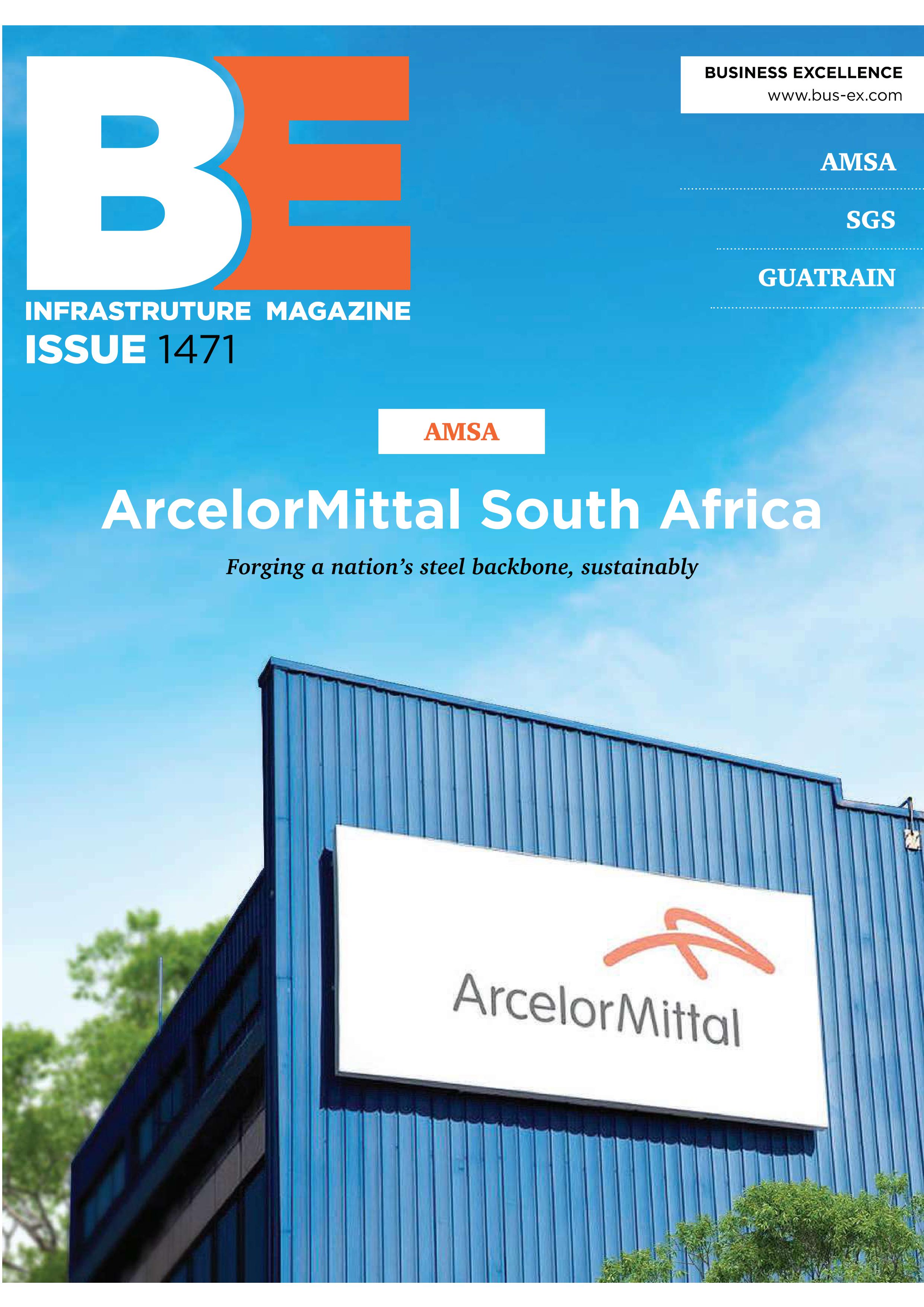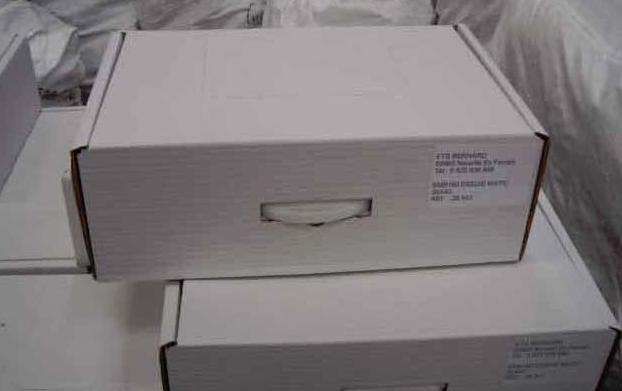
Abraham Stephanos, COO of Tata Steel Processing And Distribution Limited, talks to Jayne Alverca about the challenges of shifting focus from a manufacturing orientation to viewing service as a key differentiator.
When the forerunner of Tata Steel Processing And Distribution was first established in India in 1997, the company already had the highest credentials. It was originally formed as a joint venture between Tata Steel & Ryerson, who were already established as global leaders and pioneers in the steel service centre concept.
In January 2010, Tata Steel bought out Ryerson, resulting in Tata Steel Processing And Distribution Limited (TSPDL). The company operates as a wholly owned subsidiary of Tata Steel Limited with a portfolio that includes eight processing plants and 17 sales centres across India. Last year, sales revenue stood in the region of US$260 million. “We were a first mover in the Indian steel industry, establishing the service centre concept for the first time,” explains COO Abraham Stephanos, who joined the company thirteen years ago.
Steel is integral to a multitude of manufacturing and industrial processes, but TSPDL works principally in partnership with automotive OEMs and their vendors, who account for 80 per cent of output. The remainder goes to the white goods and construction equipment industries—TSPDL is the sole supplier of FOP parts to Caterpillar in Asia Pacific.
“In the first 12 years of operations in India, we have grown to a capacity of two million tonnes per annum and we have pledged to add a further one million tonnes of capacity by 2015,” says Stephanos. “Our challenge is to match and keep pace with India’s very rapid industrial growth if we are to achieve our mission to remain as the undisputed leader within India’s steel services industry. By 2015, I anticipate that we will be double the size with three times the revenue,” he states.
The automotive industry is at the forefront of the world’s most efficient and sophisticated manufacturing and production practices. Dominated by international players with a global reach, there is a relentless demand for ever increasing output. “We have to keep pace with growth rates of 10 to 15 per cent per annum in the automotive and commercial vehicle industry and up to 40 per cent in the construction equipment industry market, while at the same time making sure that we can service a host of very diverse locations,” he says.
Automotive OEMs and the manufacturers who support them expect suppliers who can match their own standards and who share their values. “Large international players expect the same service quality they can receive in Western markets. That is another key factor driving our orientation towards service. We think of ourselves increasingly as a service provider and partner, and this is what our customers most value. Managing this shift towards a service orientation is the biggest issue of all for us at the moment.
“Our core processes are not particularly complex, but customer demands are,” he continues. “We are required to offer a sophisticated and very flexible service, which makes particular demands on logistics. The basis for competition is shifting—there are many new entrants to the service market and many other players have capacity, but they cannot match our service offering.”
Steel is supplied mainly as a flat product in cold forming grades for use in subsequent sheet metal processes, but there are infinite subtle variations according to final usage. The TSPDL service proposition begins with minute attention to critical processing requirements like length tolerance, burr height, width tolerance, shape in roll formed section variance, pickled surface quality and so forth. Stephanos considers it a huge accolade that the company’s lead plant in East India (Jamshedpur) recentlywon the TPM Excellence Award from the Japan Institute of Plant and Maintenance.
“The award, which was audited by experts from Japan, reflects our level of maturity and excellence in total quality management systems,” he says. “It is particularly gratifying as we are the first steel service centre globally to receive it. We found the engagement process to be an excellent operational initiative which unlocked the potential of staff at every level. Now we will extend what we have learned to our other plants.”
However, Stephanos has much less control over other factors that contribute to competitive advantage. Despite distribution offering real-time data availability controlled through an SAP ERP package linked to India Tata Steel’s SAP network, transport and logistics is an ongoing challenge. Customers demand greater flexibility and smaller quantities in accordance with just-in-time principles of inventory control, but India still presents many inherent problems not encountered in the West.
“The broad transport infrastructure is still underdeveloped and it requires a lot of time and expense to transport goods anywhere in India,” comments Stephanos. “We have remarked internally that it is cheaper to ship steel around the world than to transport it across India.”
Keeping up with demand is another challenge. Steel itself was in short supply during the organisation’s early days; but although that is no longer the case, the cold forming grades that are the focus of Tata’s operations are still less common. “At present most steel is procured domestically because the lead times associated with imported supplies are prohibitive,” Stephanos explains. “The grades we work with are still in limited supply, despite the rapid expansion of the overall steel industry and so prices are characterised by greater volatility. We have to take great care in maintaining our inventory levels and managing the price-to-risk equation.”
Stephanos adds that all manufacturing industries in India must also contend with a skills shortage. “Getting enough people into the organisational and management pipeline who have the necessary skills and knowledge to take us forward at a time of great growth is always a challenge. We need to ensure that critical management posts are adequately manned at all times,” he says.
“India has a huge IT industry which absorbs a lot of talent that is needed by manufacturers of all types. The IT industry itself also requires manufacturing expertise and so we are in keen competition. Our response is to offer a great deal of training and career support to develop the skills we need in people who have the right attitude,” he concludes.
DOWNLOAD
 TATAsteel_JAN11_emea_BROCH_s.pdf
TATAsteel_JAN11_emea_BROCH_s.pdf



